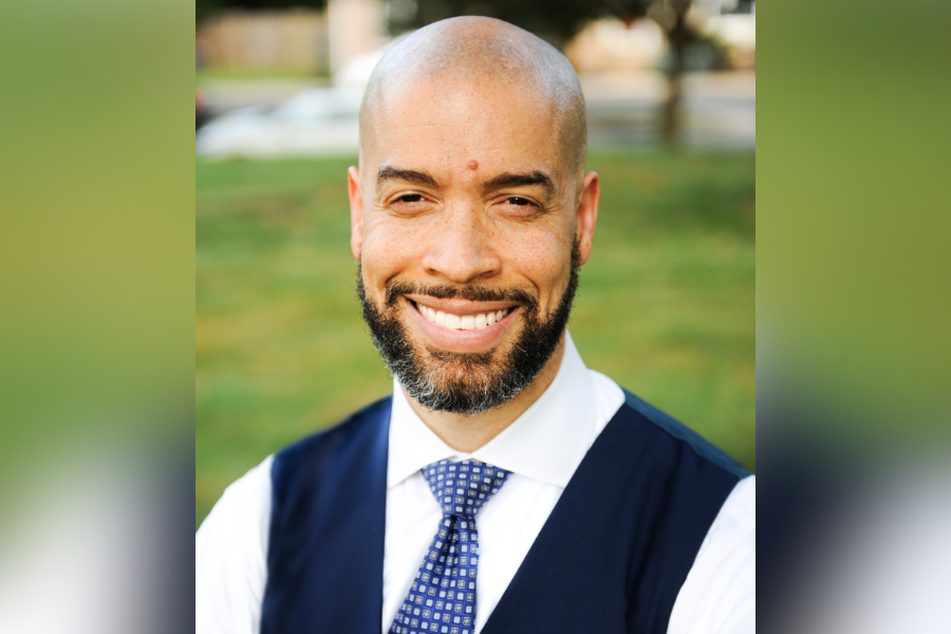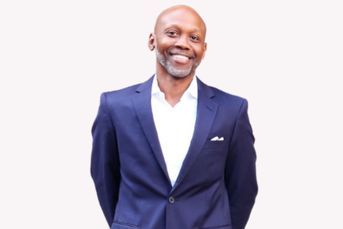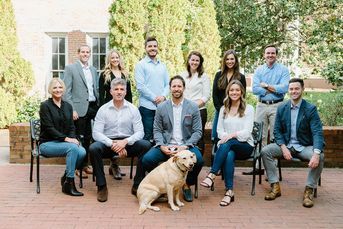Using authentic content to attract like-minded clients

Why content is king for wealth management firm.
David Bahnsen, chief investment officer and managing partner of The Bahnsen Group, a wealth management firm overseeing roughly $5 billion in client assets, takes a rather unconventional approach to client acquisition.
Instead of relying on traditional methods like referrals and word of mouth, the firm is all about creating valuable content with an authentic voice on a variety of topics, including finance, economics, wealth management, and even politics.
“I don’t believe that there’s anybody else doing this, let alone doing it at this scale,” Bahnsen says. “Our client acquisition approach is unlike anything I’ve ever seen at any other advisory firm. We lean into very fresh, very unique, sometimes controversial content as a means of attracting like-minded people to our organization.”
Bahnsen frequently provides insightful observations across financial media outlets – both traditional television and radio programs and on emerging digital and audio platforms. He hosts a weekly podcast, “Capital Record,” where he interviews leaders in business, finance, economics, and religion. He also writes market commentary that is sent to clients daily and pens a longer-form missive, Dividend Cafe, that is published every Friday on DividendCafe.com.
It seems to be working. Bahnsen says this method helps his organization really stand out from the crowd.
The Bahnsen Group also prides itself on the suite of services it offers to clients, in addition to wealth management and financial planning, such as comprehensive tax services, family office servicing, and advising on complex legal and real estate matters for ultra-high-net-worth clients. The firm maintains offices in Newport Beach, California; New York City; Phoenix; Austin, Texas; Minneapolis; Nashville; Tennessee; and Oregon.
“I think it’s pivotal right now that one be able to deliver to clients the experience that they’ve been promised,” Bahnsen says. “Our mousetrap over the years has been fine-tuned above and beyond what I ever dreamed possible.”
Bahnsen is also the author of several books, including The Crisis of Responsibility, which offers a distinct assessment of the 2008 financial crisis that diverges from the typical right-wing vs. left-wing narratives. He emphasizes the role of cultural breakdown in morality, honesty, and responsibility in Main Street, not just Wall Street or government.
“The Crisis of Responsibility was really intended to provide a very different evaluation of the financial crisis that we all went through as opposed to the political narratives that had formed in the aftermath of the financial crisis,” Bahnsen says.
Meanwhile, his most recent book, There’s No Free Lunch: 250 Economic Truths, serves as an economic devotional, reminding readers of the fundamental principles of free enterprise. The book targets a wide audience, including investors, advisors, laypeople, and professionals. Bahnsen believes that understanding the basics of economics is crucial, especially for those in the finance industry.
Learn more about reprints and licensing for this article.








